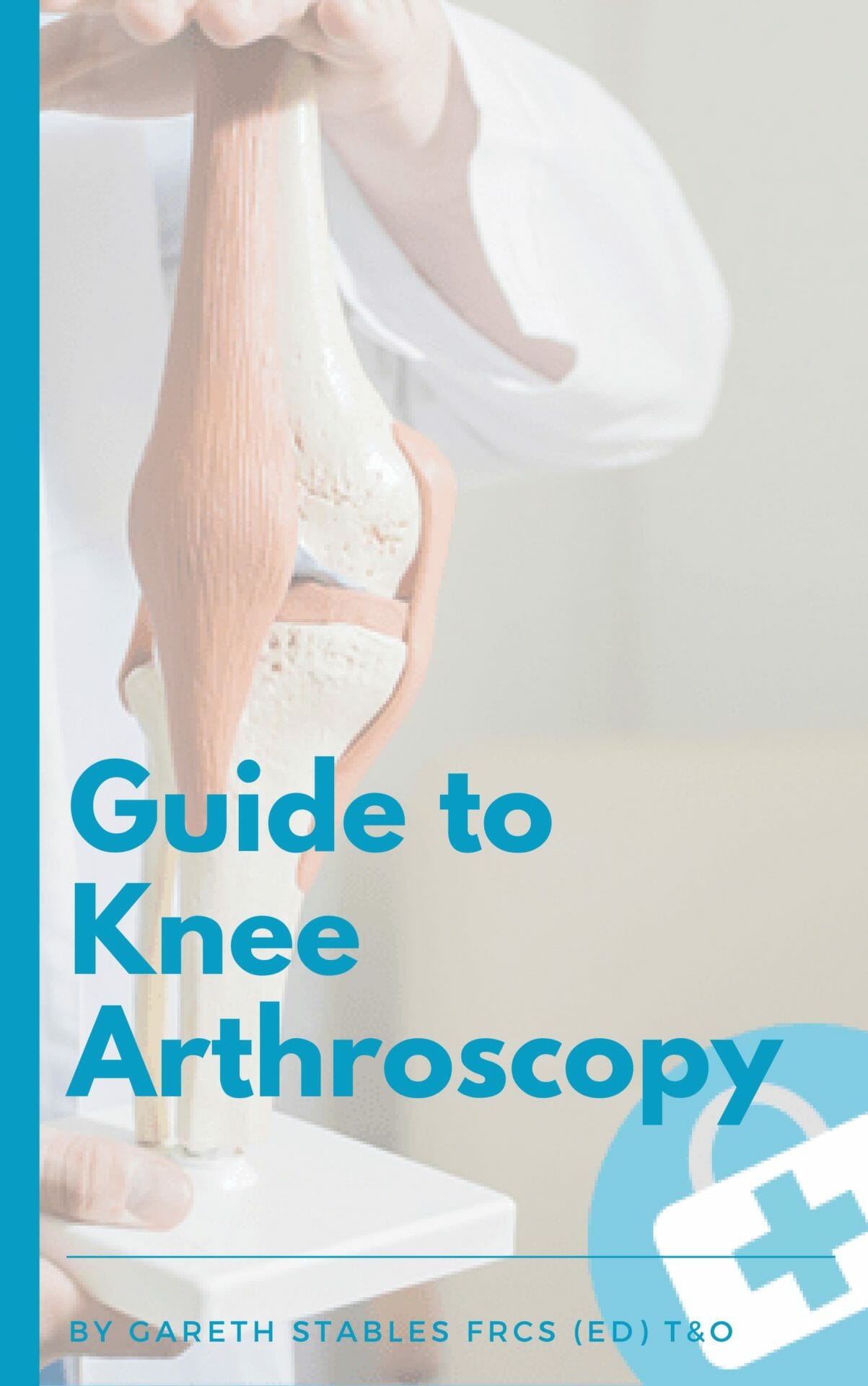Understanding the Knee Arthroscopy Procedure
Knee arthroscopy surgery is often a treatment choice for many people, especially if they’ve been suffering from debilitating knee pain and symptoms of instability. It's sensible to take some time to consider your options and we understand that you might not be sure what to do for the best. That's why the team here at My Knee Doc, have put together this comprehensive blog post all about the knee arthroscopy procedure to give you the information you need to help you make the treatment choice that's right for you.
Keep reading below to find out all about knee arthroscopy, when the procedure is recommended, and all about the procedure and recovery times.
What is Knee Arthroscopy?
Knee arthroscopy is a surgical procedure that is performed to treat common conditions such as cartilage tears, joint surface damage and ligament injuries. It also helps you and your surgeon to better understand the state of health of your knee joint and to diagnose a variety of knee problems you might have.
The surgery is performed through 2 small cuts in your skin (usually about 1cm). A tiny camera is inserted to allow your surgeon to view the inside of your knee joint with ease.Other instruments are inserted through the other incision that allow your surgeon to perform procedures such as cartilage surgery. Once the procedure is over, the small wounds are dressed letting you go home the same day of the procedure.
When is a Knee Arthroscopy Recommended?
Knee arthroscopy is a procedure that allows for great observation of the knee joint without being overly invasive, making it applicable for a variety of knee injuries. Knee arthroscopy is used to treat cruciate ligament tears, torn meniscus (cartilage), joint surface (chondral) damage, removal of loose bodies and many other knee problems.
In many cases, knee arthroscopy is a great way to confirm the source of knee pain or to dive deeper into the extent of a certain knee problem.
Preparing for the Knee Arthroscopy Procedure
Before your knee arthroscopy, your surgeon will talk about any prescriptions, over-the-counter medications and other medicines you should stop taking before the procedure. You might be told to stop taking painkillers like aspirin or ibuprofen a few days or weeks before the procedure depending on various factors.
It is usually performed under a general anaesthetic, meaning you will be asleep for the procedure. The procedure normally takes between 20 - 30 mins. You'll be advised to refrain from eating for approximately six hours before your knee arthroscopy, however, you will be allowed to drink clear fluids up to 2 hours before your procedure.
During and After the Procedure
The procedure itself begins with anaesthetic (can be local, regional or general), followed by a couple of small incisions in your knee. After this, your joint is pumped with sterile salt water to expand the joint and make it easier for the camera to be inserted. In some procedures, your surgeon will use small instruments to treat your knee problem.
Once your surgeon is done examining, the camera is removed, and the surgeon drains your knee of the saline solution before closing up the incisions and placing dressings on your wounds.
Call My Knee Doc for Knee Arthroscopy in Warrington
Now that you have a better understanding of the knee arthroscopy procedure, you can take a look at the rest of our website to see what kind of intervention will work best for you. Our knee arthroscopy specialists in Warrington will be sure to take care of you and your knee.
If you have any questions or concerns about knee arthroscopy, be sure to give us a call at 0161 464 6399.


